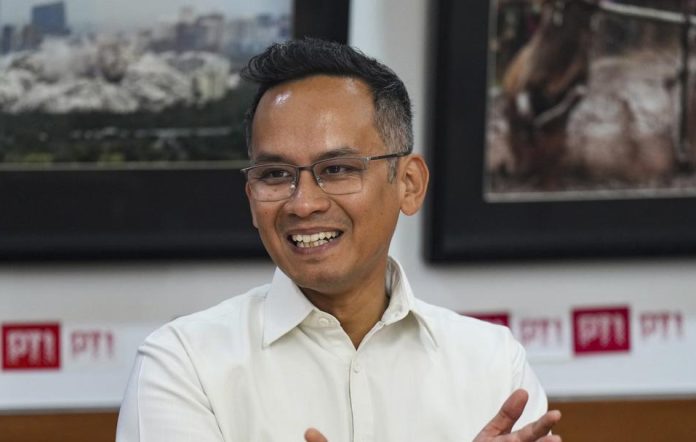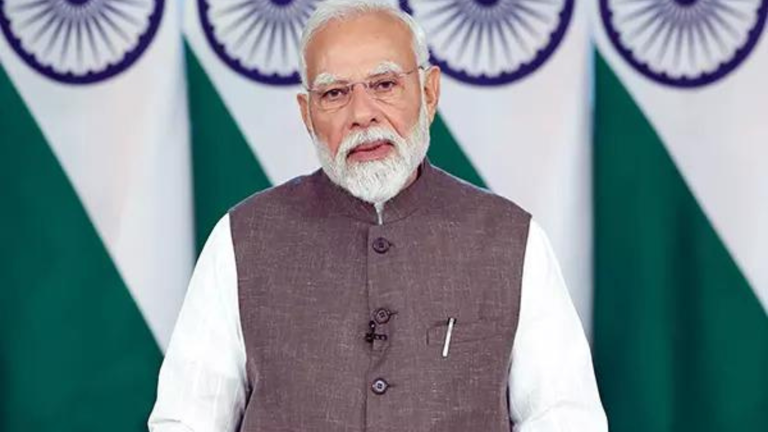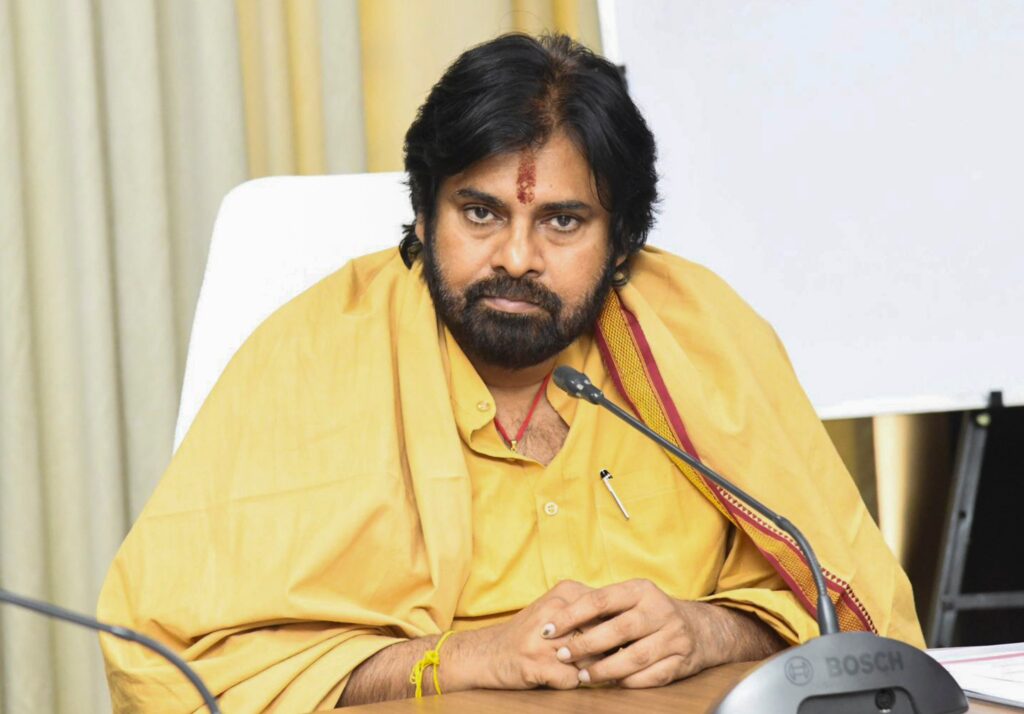Congress MP’s call to register RSS workers draws accusations of political overreach—critics call it “anti-Hindu” and divisive
In a move that has ignited a political firestorm, Congress leader and MP Gaurav Gogoi has come under heavy criticism for blaming the RSS and BJP for the recent communal incident in Dhubri, Assam. Instead of condemning the radical elements who were reportedly caught red-handed trying to incite communal unrest, Gogoi shifted the focus by attacking the RSS, drawing widespread condemnation from BJP leaders, civil society voices, and social media users alike.
Appeasement at Its Absolute Worst!
— Ron Bikash Gaurav (@RonBikashGaurav) June 15, 2025
To shamelessly please his vote bank, @GauravGogoiAsm is now blaming RSS/BJP for the Dhubri incident, where radical elements were caught red-handed trying to create communal tension.
He goes a step further saying every RSS karyakarta who comes… pic.twitter.com/aFbd3ocprf
What has shocked many even more is Gogoi’s bizarre demand that all RSS karyakartas (volunteers) visiting Assam must register at the local police station—a statement being slammed as authoritarian, unconstitutional, and dangerously divisive. Critics have called this nothing short of a sharia-style political overreach, accusing Gogoi of playing appeasement politics at the cost of national integrity and social harmony.
From Dhubri Conflict to RSS Blame—Gogoi Diverts Focus on Vote-Bank Lines
The Dhubri incident, where certain radical elements were apprehended while allegedly attempting to create communal tension, should have been a moment of unified condemnation. However, Gaurav Gogoi’s response has been to divert attention from the real culprits by targeting the Rashtriya Swayamsevak Sangh (RSS) and the Bharatiya Janata Party (BJP).
Instead of focusing on the law-and-order threat posed by radical forces, Gogoi attempted to project the RSS as a security concern, bizarrely suggesting that their members must “register with police”—a policy unheard of in democratic India.
Political analysts argue this move reflects a desperate attempt by Congress to revive its fading relevance in Assam by pandering to minority vote banks. Such tactics are not new, but this level of selective outrage and deflection has raised alarm bells, particularly in a state like Assam, which has dealt with deep-rooted ethnic and religious sensitivities for decades.
Registering Ideological Groups? Critics Say Gogoi’s Demand Encroaches on Democracy
Gaurav Gogoi’s remarks have been seen as not just anti-RSS, but as part of a broader pattern of anti-Hindu rhetoric often used by sections of the Congress leadership to appease fringe voices. By singling out RSS volunteers—who are involved in relief, educational, and social activities across the country—Gogoi risks further polarizing the social fabric of Assam.
The demand for police registration implies surveillance of ideological opponents, a Stalinist tactic, critics say, with no place in a liberal democracy.
“Who is Gaurav Gogoi to act like a judge of a Sharia court?” asked one BJP spokesperson. “This is not just anti-RSS—it’s anti-Hindu and anti-constitutional.”
The backlash has been swift and fierce across social media, where users have called out Gogoi’s “selective secularism” and “silence on actual extremists” while conveniently blaming those associated with nationalist ideology.
With Assam CM Himanta Biswa Sarma already tightening the state’s grip on radical activities, Gogoi’s comments appear not just tone-deaf but dangerously irresponsible in a region that has seen enough communal volatility.





















